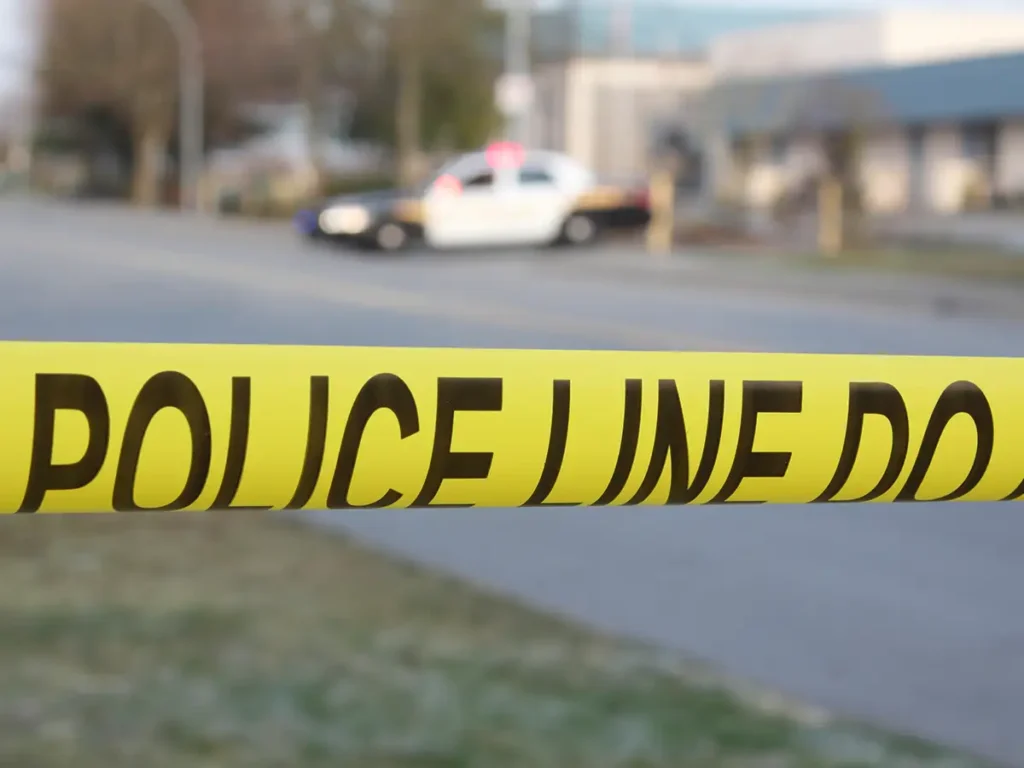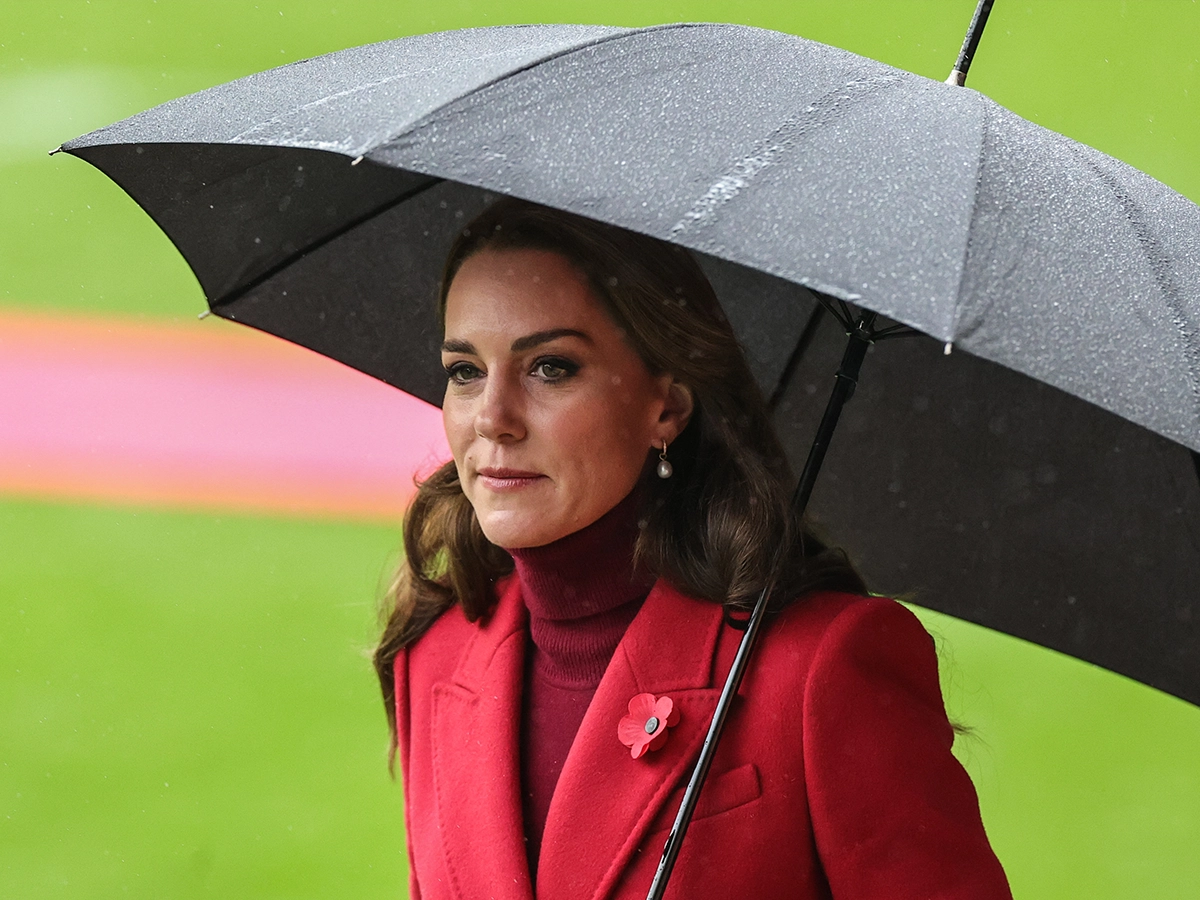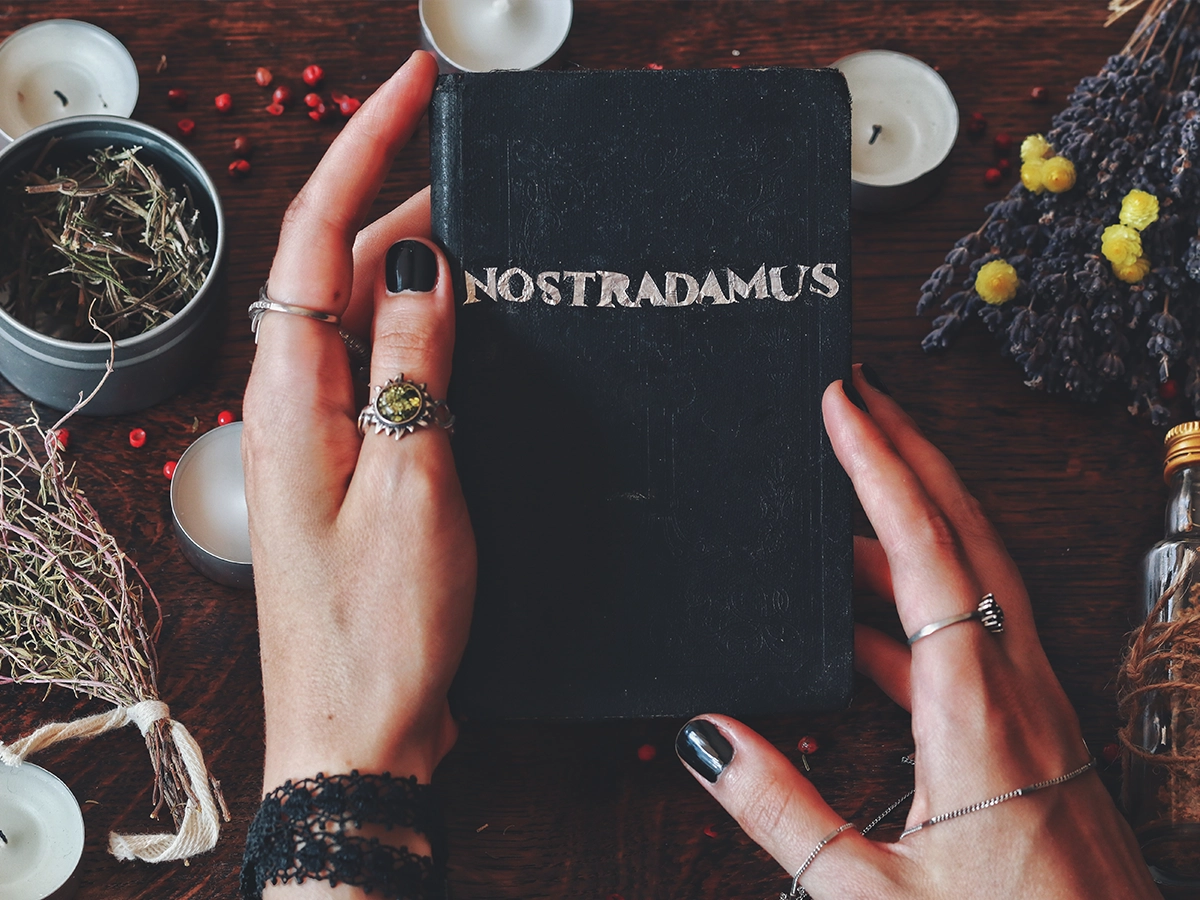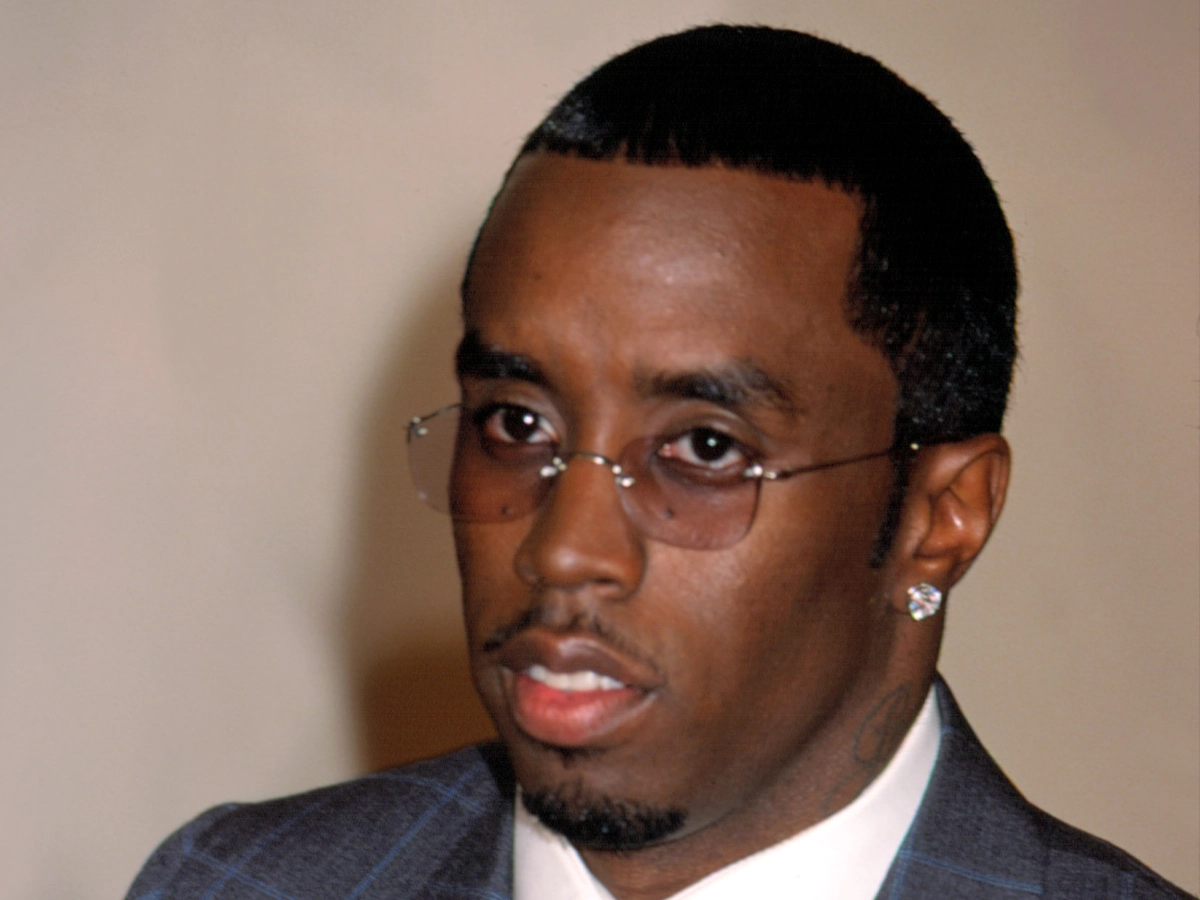Not Guilty: All About the Fatal Melbourne Drive-By Shooting

In a verdict that has caused plenty of heated public debate, the court acquitted Sekonaia Vave of all charges related to a fatal shooting outside All Star Lounge, a pool hall in Melbourne. Vave had been on trial for the murder of 33-year-old Ikenasio Tuivasa and injuring another man, Reza Amir, in an incident that occurred on the evening of February 27, 2021.
The acquittal came after a two-week jury trial in the Supreme Court, where Vave faced charges of murder, attempted murder, and an alternate charge of homicide by firearm.
Prosecutors had argued that Vave opened fire from the passenger seat of a ute, killing Tuivasa, a father of five, and injuring Amir. The prosecution said that the incident was in retaliation for an argument between Vave’s and Amir’s girlfriends the previous night. They insisted Amir was the intended target of the shooting, and Vave was taking retributive action.
However, Vave’s defense, led by barrister Philip Dunn KC, gave an alternative story. They accused the police of relying too much on Amir’s testimony. Dunn urged the jurors to look at independent evidence that may give them a different picture of the events.
The jurors retired on Friday and returned with their verdict on Monday, finding Vave not guilty on all counts. Justice John Champion expressed gratitude to the jury for their “careful consideration of the case” as he discharged them.
While Vave will be released on bail, he still faces a charge of marijuana possession in the Melbourne Magistrates Court. The case raises significant questions about the judicial process and the reliability of witness accounts in such high-stakes trials.
The polarising case adds plenty of fuel to the ongoing public debate about gun violence and public safety. While Vave’s acquittal closes a chapter in this saga, it opens various platforms for social and legal discussions amongst Australians.
This year, Australian cities have seen a rise in gun-related violence. Sydney’s south-east witnessed another fatal shooting in July, increasing suspicions that the city’s underworld gang war and retaliatory gun violence are escalating. This incident came after a series of fatal shootings, including one that claimed an underworld figure in Bondi Junction in June.
The current gun violence issue is unusual in a country famous for its effective gun control. In the wake of a devastating mass shooting in Port Arthur, Tasmania, in 1996 that left 35 people dead and 28 wounded, Australia enacted sweeping gun reform laws to battle the crisis.
The National Firearms Agreement (NFA) sharply restricted legal ownership of firearms, introduced a nationwide gun registry, and banned certain firearms like automatic and semi-automatic rifles. Around 650,000 guns, estimated to be about 20% of all privately owned guns in Australia, were peacefully turned in and destroyed.
The result of the initiative set a global message for effective gun control measures. Yet, in recent years, organised crime and the violent drug trade may be increasing the incidents of gun violence in the country, something the public and police are very concerned about.







Have your say